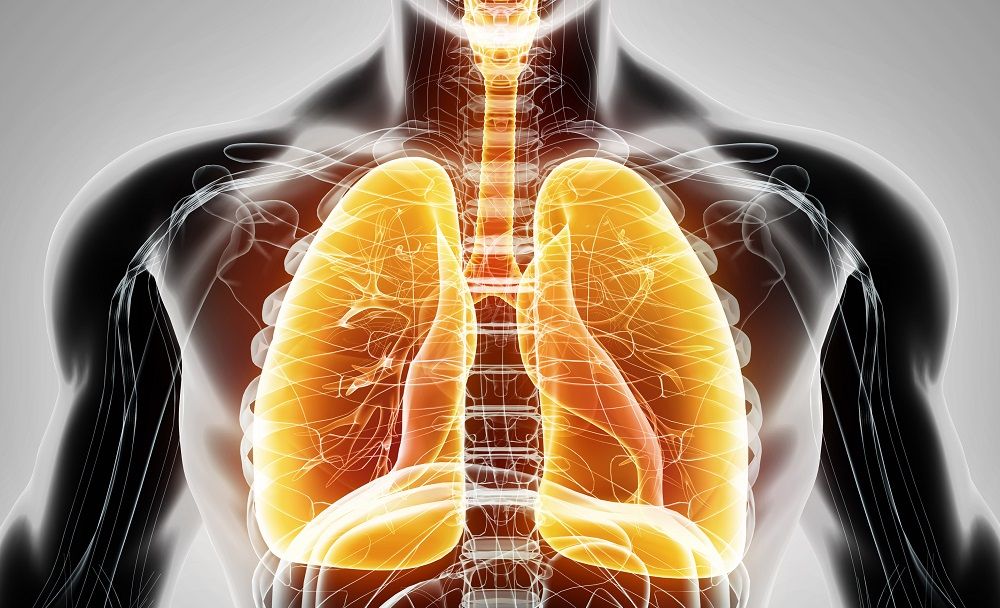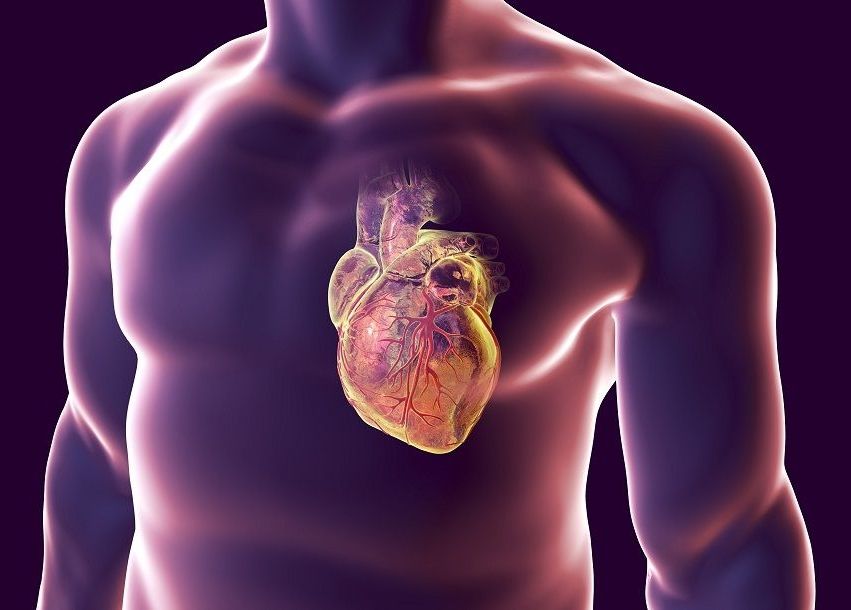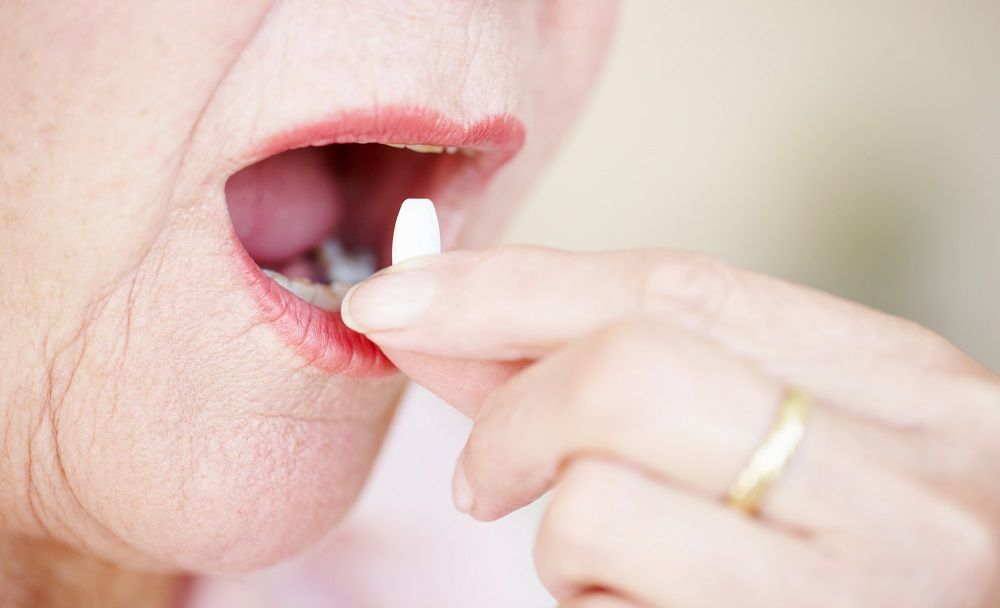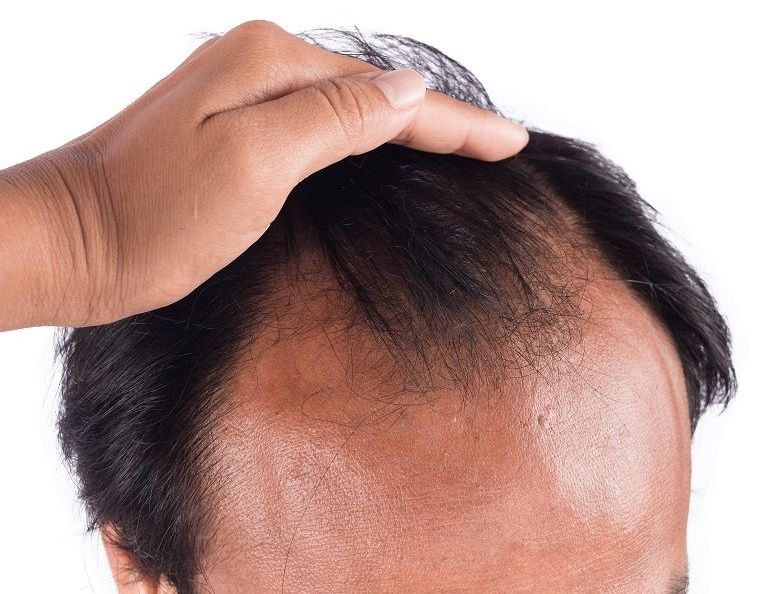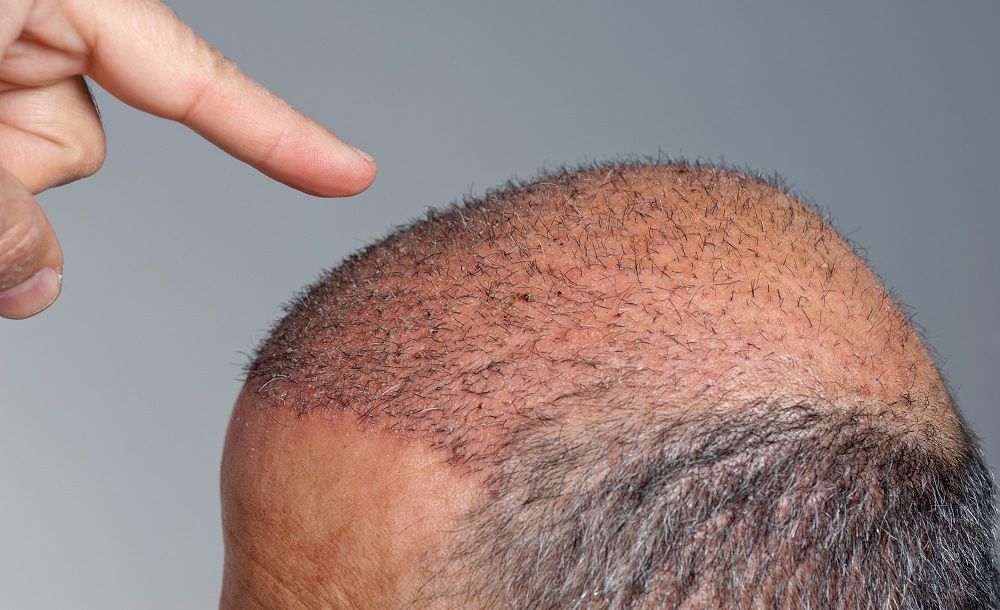The AHA names evolocumab — a new PCSK9 inhibitor — as one of the top 10 heart disease and stroke advances of 2017 in its annual list published on February 8, 2018. However, this novel cholesterol-lowering drug carries a big price tag.
Summary: The AHA names the PCSK9 inhibitor evolocumab as one of the top 10 heart disease and stroke advances of 2017 in its annual list published on February 8. However, this novel cholesterol-lowering drug carries a big price tag. [This article first appeared on LongevityFacts. Author: Brady Hartman. ]
The AHA named the cholesterol-lowering drug evolocumab in its annual top 10 lists of major advances in heart disease and stroke research, published on February 8. Evolocumab belongs to a class of cholesterol-lowering drugs called PCSK9 inhibitors and is injectable drug marketed by Amgen under the brand name Repatha. The two-year FOURIER study reported that evolocumab reduced high cholesterol levels and had few adverse effects.
The FOURIER study, published in the New England Journal of Medicine, found that evolocumab can significantly reduce heart attacks and strokes among high-risk patients. The study included more than 27,000 patients who were randomized into taking evolocumab or a placebo, and showed that the new drug has a clear benefit over statins in reducing LDL, the bad cholesterol in patients. FOURIER showed that the new medication cut the risk of having a heart attack, stroke or other cardiovascular events by 20% when added to intensive statin therapy. The study was paid for by Amgen and reported that evolocumab lowered LDL by about 60%, to a median of 30 mg/dL.
